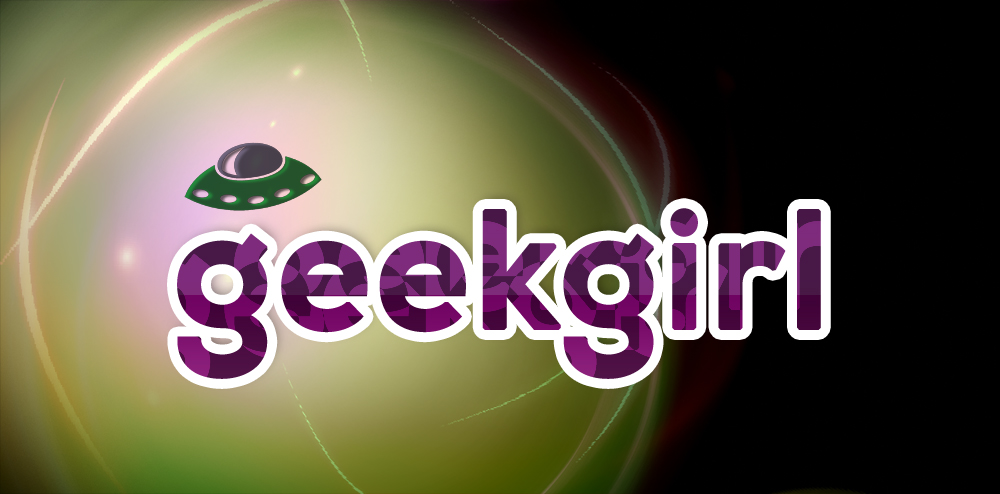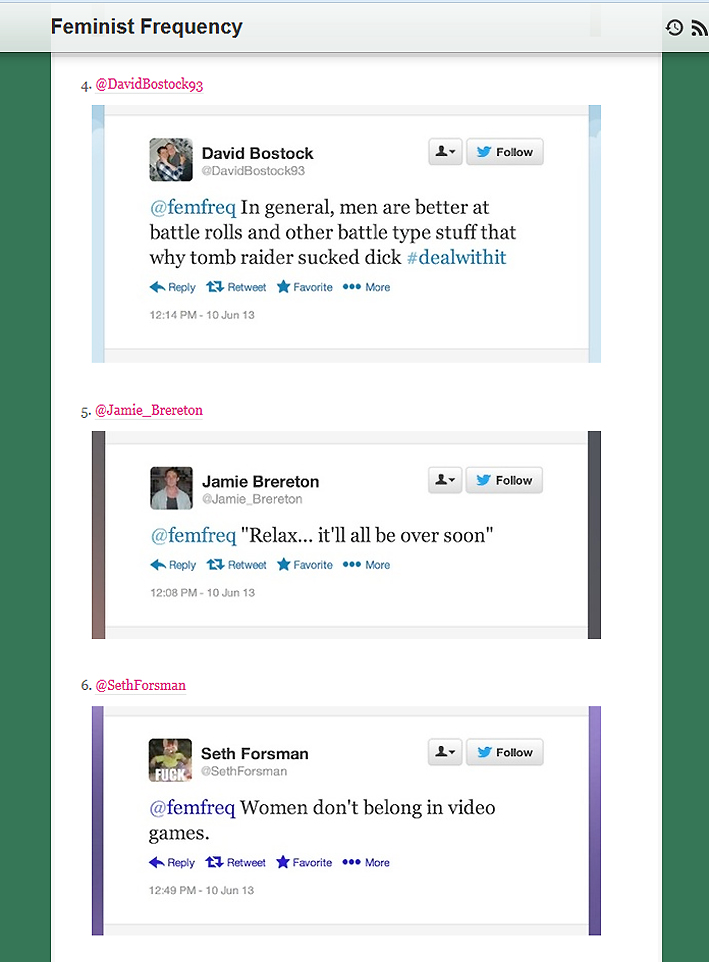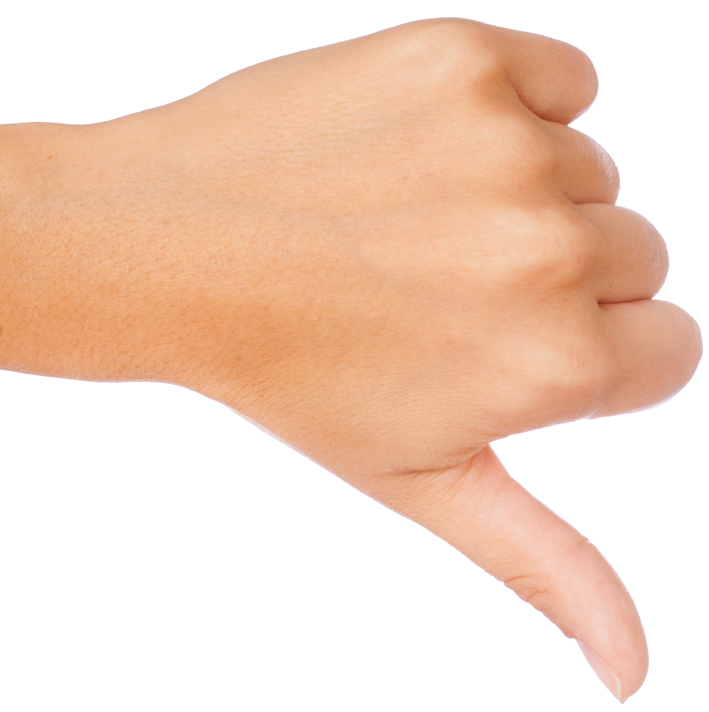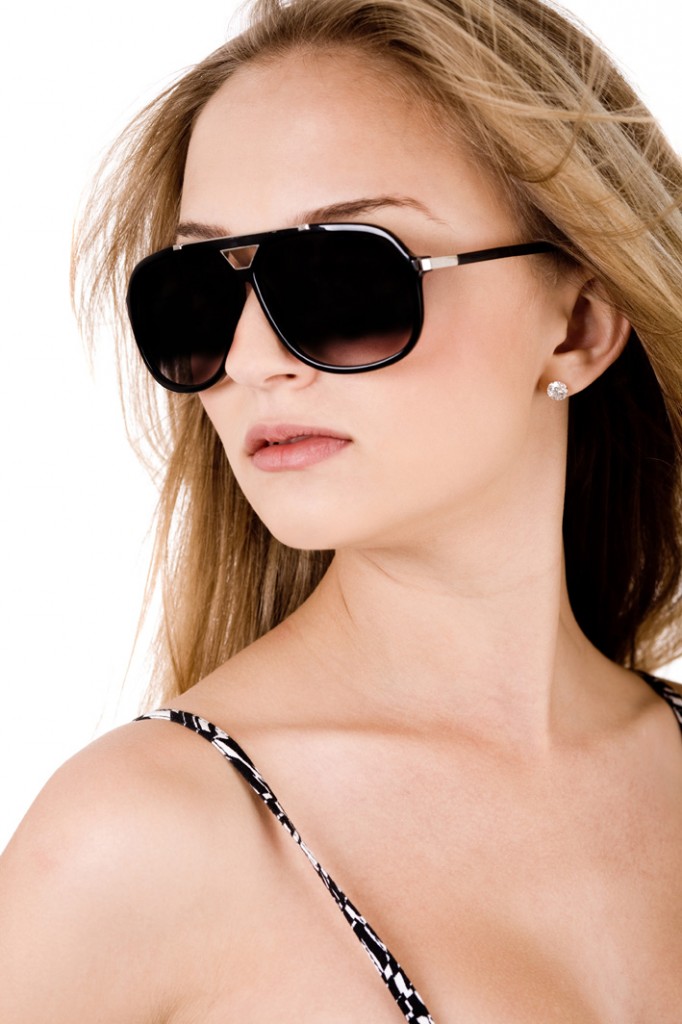“Stories are more likely to carry a male byline…” [#geekgirl]
“Who reports the news in Australian daily publications? Stories are more likely to carry a male byline rather than a female one across all daily publications investigated by New Matilda. The dominance of men is focused on the big reporting fields of sport, economics (including business and finance) and politics and the most prominent parts of the publication. The gender gap is slightly greater in News Ltd publications and is most marked in the national newspaper, The Australian.The gap exists despite recent research showing women working in the media now outnumber men. There are also many more women graduating from journalism courses across Australia.This report is based on a snapshot of nine metropolitan and regional print media publications on 4 March, 2013. Stories with bylines were coded for gender and were allocated to a theme or “round”. Content categories included: arts, climate/weather, crime/law, economy (including business and finance), education, entertainment, environment, fashion, food, health, industrial relations/workplace, international, media, politics, relationships and sport.”
Sexist “WTF-ness” Brought to You By Wikipedia [#geekgirl]
“Many female novelists, like Harper Lee, Anne Rice, Amy Tan, Donna Tartt and some 300 others, had been relegated to the ranks of “American Women Novelists” only, and no longer appeared in the category “American Novelists.”
Male novelists on Wikipedia, however — no matter how obscure — all got to be in the category “American Novelists.” In an Op-Ed article I wrote, published on The New York Times’s Web site on Wednesday, I suggested it was too bad that there wasn’t a subcategory for “American Men Novelists.” And what do you know; shortly after, a new subcategory called exactly that appeared.
But there was more. Much more. As soon as the Op-Ed article appeared, unhappy Wikipedia editors pounced on my Wikipedia page and started making alterations to it, erasing as much as they possibly could without (I assume) technically breaking the rules. They removed the links to outside sources, like interviews of me and reviews of my novels. Not surprisingly, they also removed the link to the Op-Ed article. At the same time, they put up a banner at the top of my page saying the page needed “additional citations for verifications.” Too bad they’d just taken out the useful sources.
In 24 hours, there were 22 changes to my page. Before that, there had been 22 changes in four years. Thursday night, a kind soul went in there and put back the deleted sources. The Wiki editors instantly took them out again.
I knew my page might take a beating. But at least I’m back in the “American Novelists” category, along with many other women.
For the moment anyway.”
Kathrine Switzer: First Woman to Enter the #BostonMarathon [#geekgirl]
[On this day of lingering sadness regarding the Boston Marathon Bombings (and not forgetting the devastation that’s currently unfolding in Waco, Texas), take in the positives of the above video of ballsy Kathrine Switzer: the first ever woman to complete the Boston-based race.]




